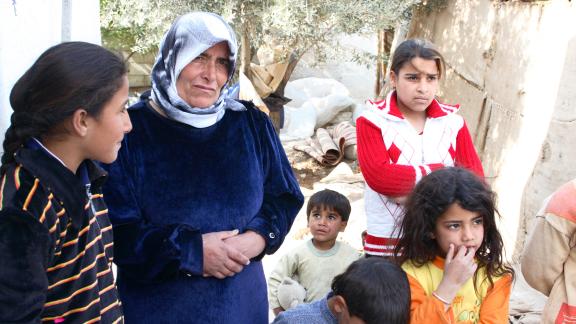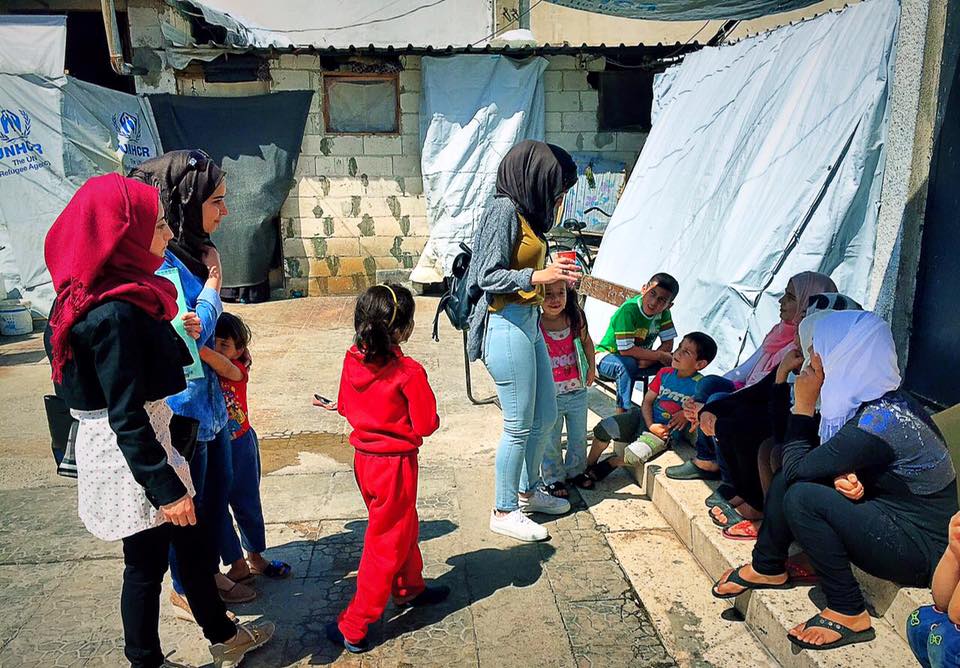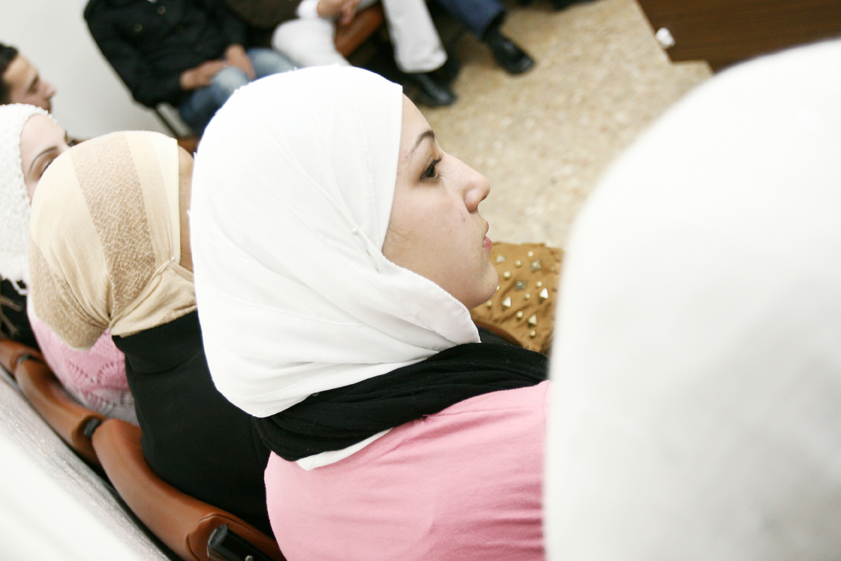Istanbul, Turkey- Tewodros Melesse, Director General of International Planned Parenthood Federation, Babatunde Osotimehin Executive Director, United Nations Population Fund, World Health Organisation and senior leaders from the Governments of Australia, Sweden, Norway, Netherlands and Jordan called for urgent action to include sexual and reproductive health in the immediate lifesaving interventions in crisis at the World Humanitarian Summit today.
“Too often, sexual and reproductive health and rights in emergencies are overlooked and critically underfunded. It is a life saving intervention that protects dignity and keeps people protected when their world has been turned upside down. We need to ensure that there is a coordinated response on the ground which has the same status as other humanitarian response like food, shelter, water and sanitation. This is a minimum set of standards for a sexual and reproductive health frontline actions. We urge governments to factor to recognise and implement reproductive health into their own humanitarian response delivery.” said Tewodros Melesse, IPPF Director General.
Reproductive health issues are the leading cause of women’s ill health and death worldwide and these problems are compounded during a crisis. Around 60 percent of preventable maternal deaths take place in crises and fragile settings.
Women and girls are disproportionately affected by humanitarian crises exposed to early marriage, trafficking, rape, forced pregnancies, unattended service delivery during complicated pregnancies and delivery.
125 million people are affected by crises. One quarter of those people are women of reproductive age – that’s 31 million and women are 14 times more likely to die than men in a crisis.
IPPF is calling for donor governments to ensure that services are more equitably distributed between conflict zones and natural disasters. In particular in conflict areas, lack of funding leads to worse sexual and reproductive health outcomes for women and girls.
Rajat Khosla, Human Rights Advisor Reproductive Health, World Health Organization spoke of the urgent need to prioritize sexual and reproductive health in humanitarian settings, he said “We are now looking at people who are affected for 17 to 20 years by a crisis. We can no longer operate a business as usual approach. We need to change to a comprehensive health response that includes sexual and reproductive health and rights that leaves no one behind”.
IPPF's new report “The Forgotten Priority: Sexual and reproductive health in crises” launched at the World Humanitarian Summit.
when
Subject
Emergencies











